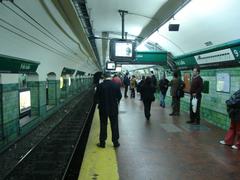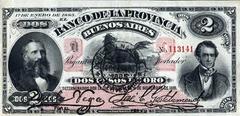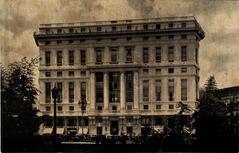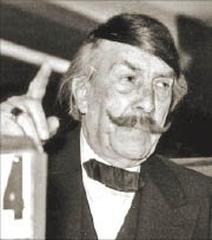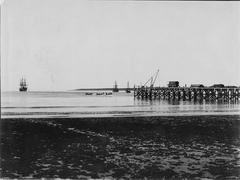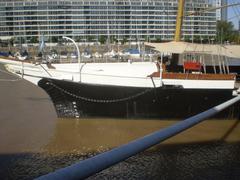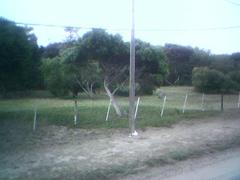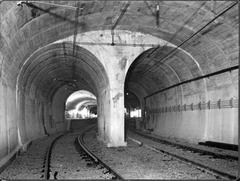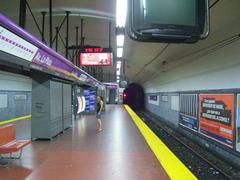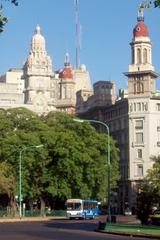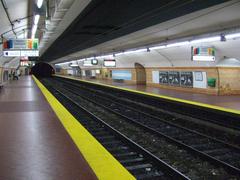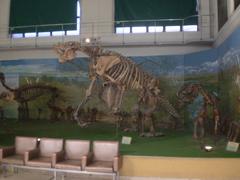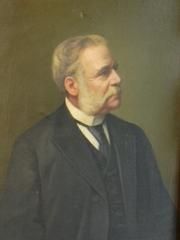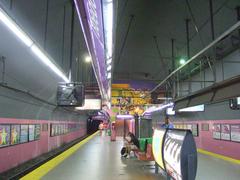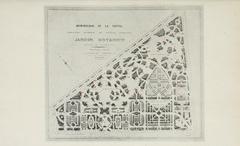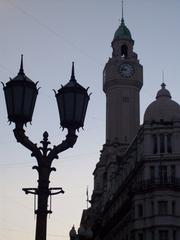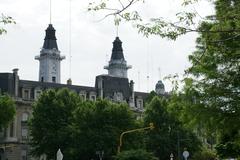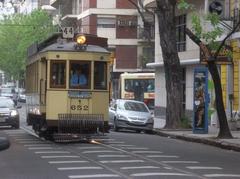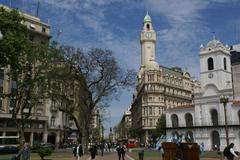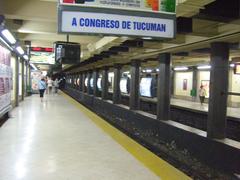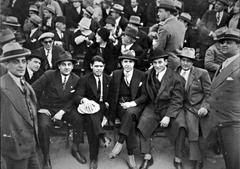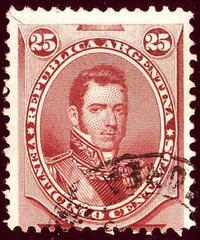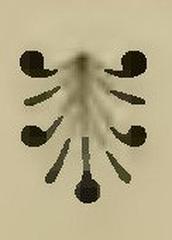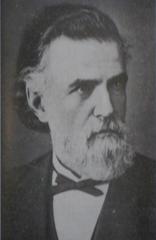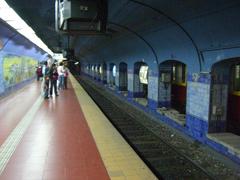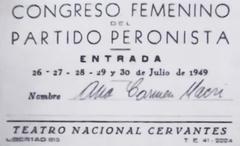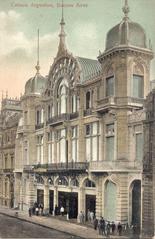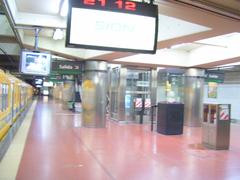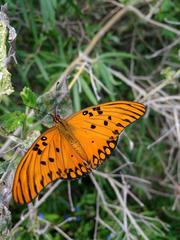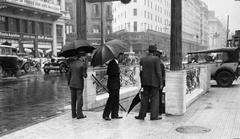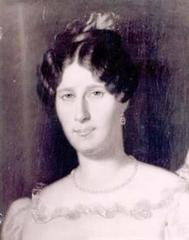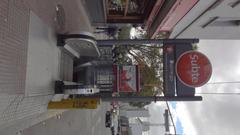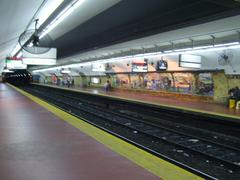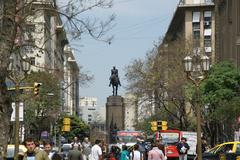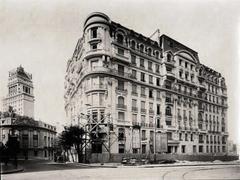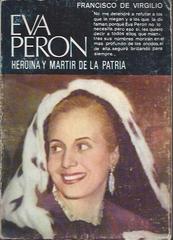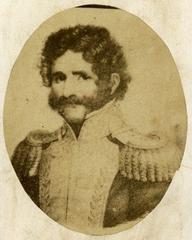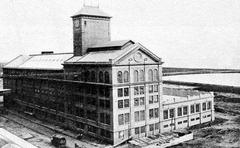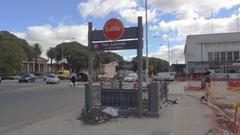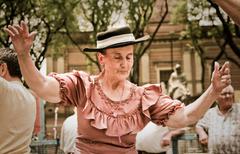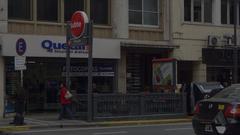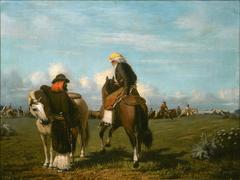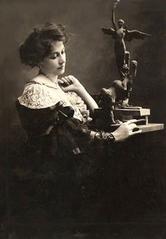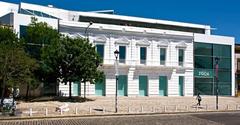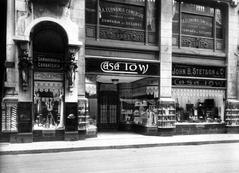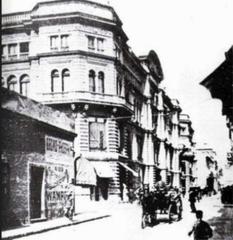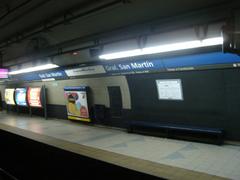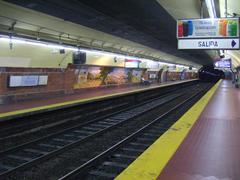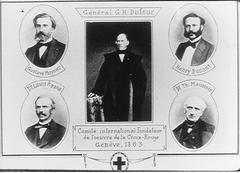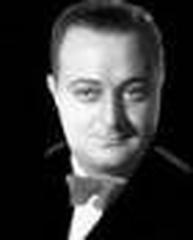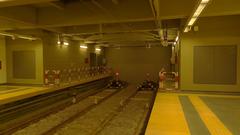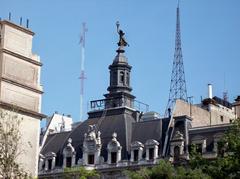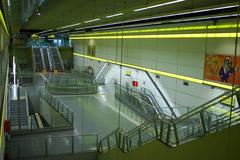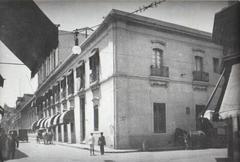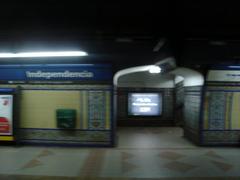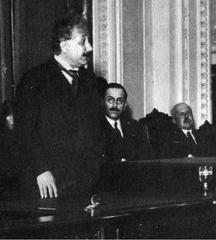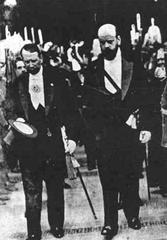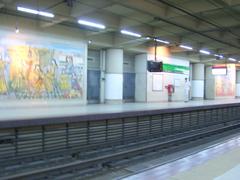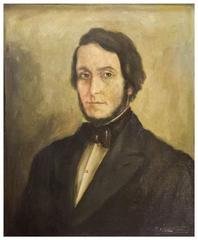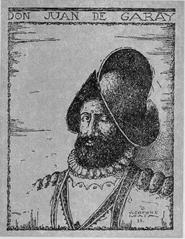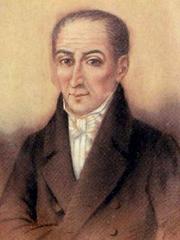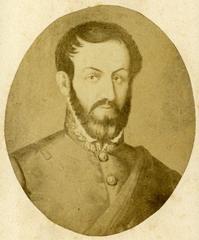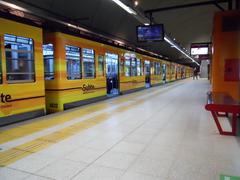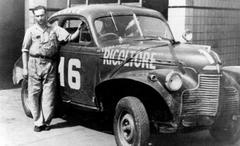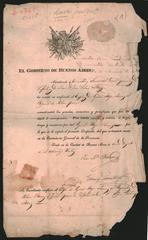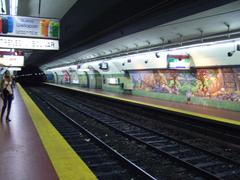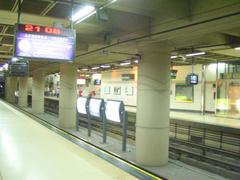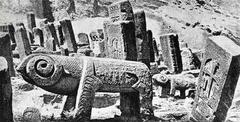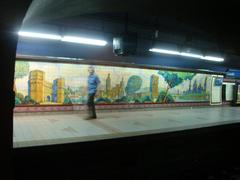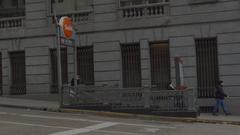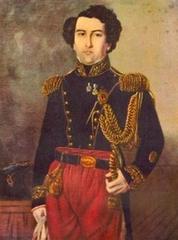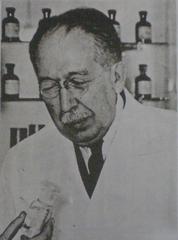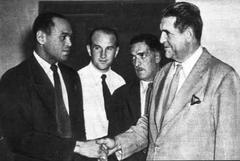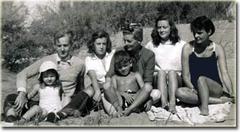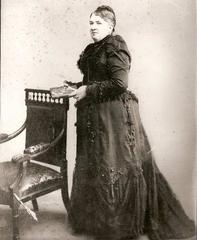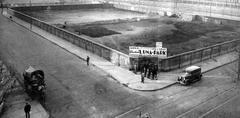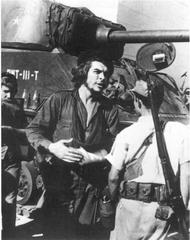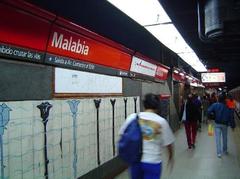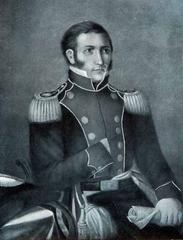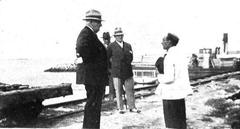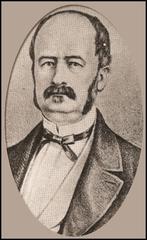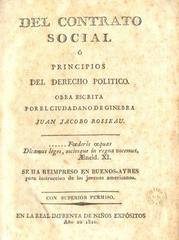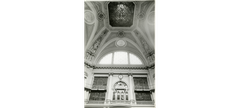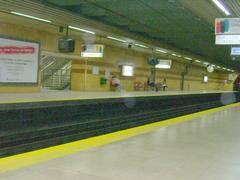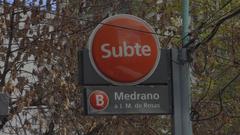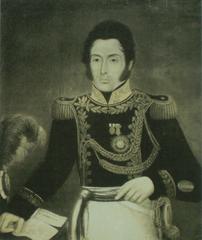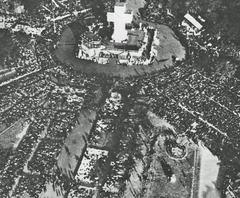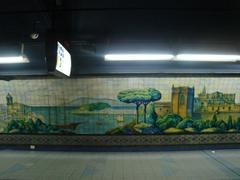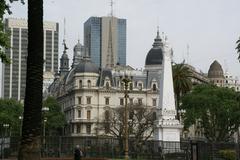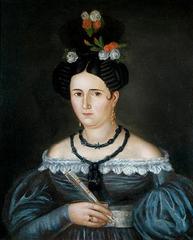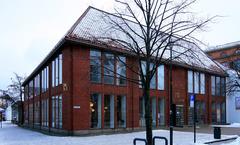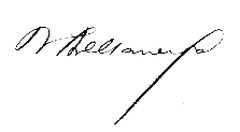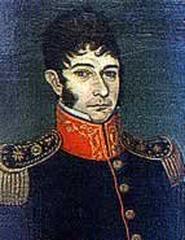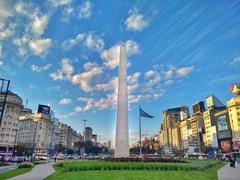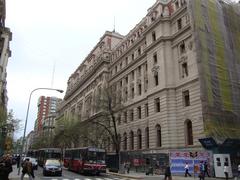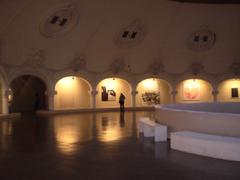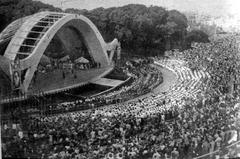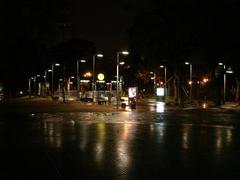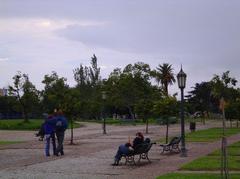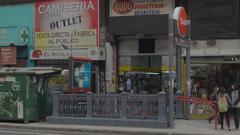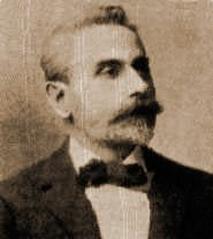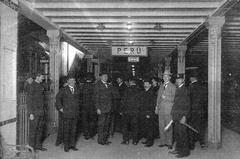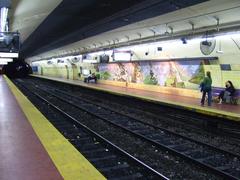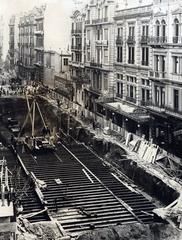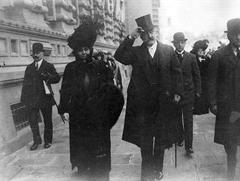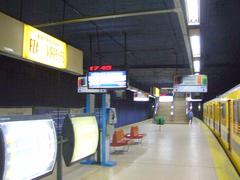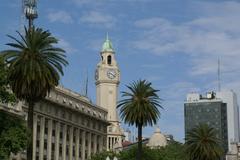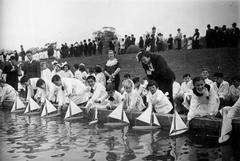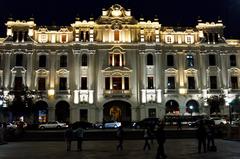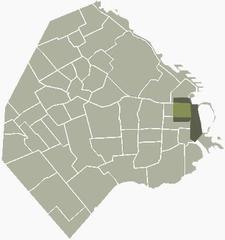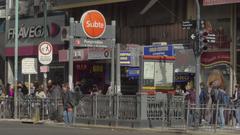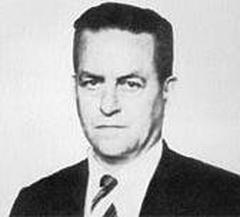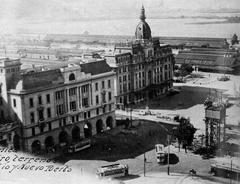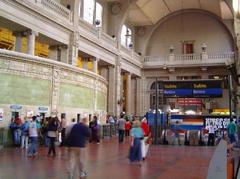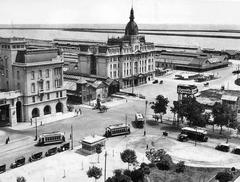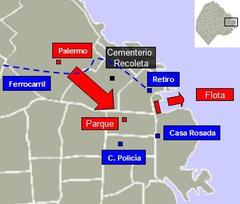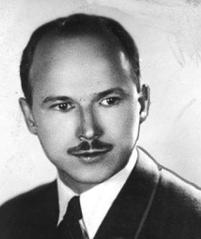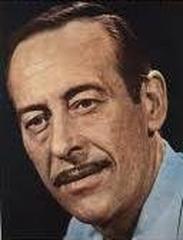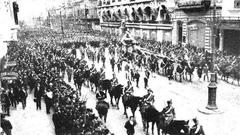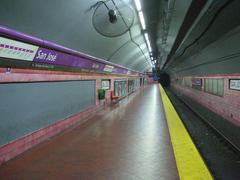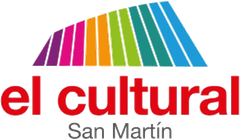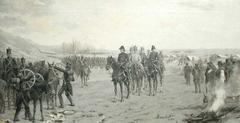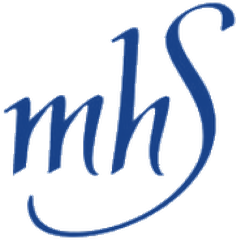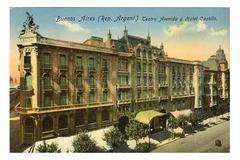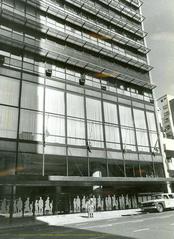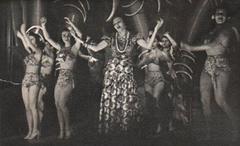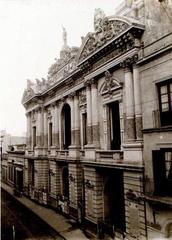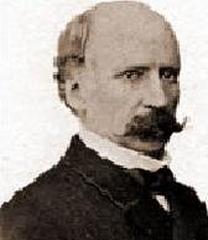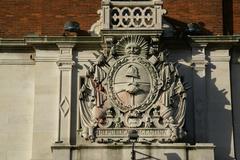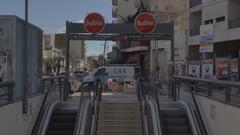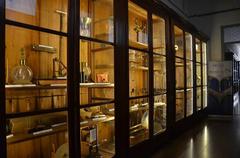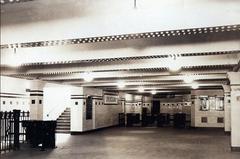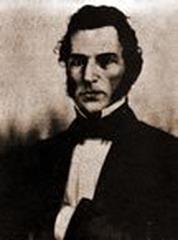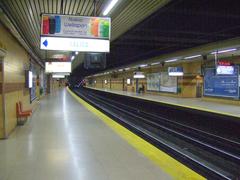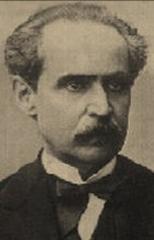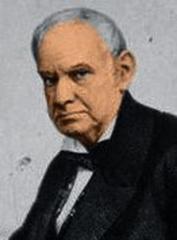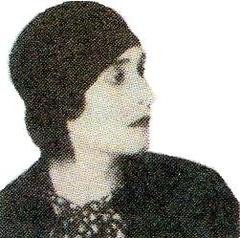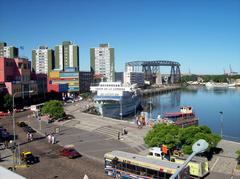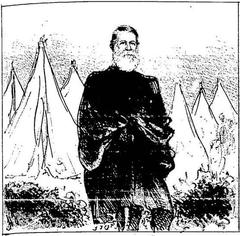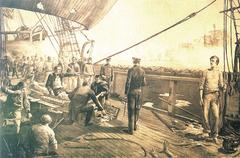Federación De Entidades Vasco Argentinas (FEVA) Buenos Aires: Visiting Hours, Tickets, and Historical Sites Guide
Date: 04/07/2025
Introduction
Located in the heart of Buenos Aires, the Federación De Entidades Vasco Argentinas (F.E.V.A.) is a central institution dedicated to preserving and celebrating Basque heritage in Argentina. Established in 1955, FEVA unites dozens of Basque cultural centers (Euskal Etxeak) across the country. Through its activities, FEVA safeguards Basque language, dance, music, gastronomy, and social values, making it one of the most significant organizations representing the global Basque diaspora (Auñamendi Eusko Entziklopedia; Wikipedia: Basque Argentines).
This guide details FEVA’s historical and cultural significance, practical visitor information, and suggestions for exploring Buenos Aires’ broader historical landscape.
Table of Contents
- Introduction
- Basque Immigration to Argentina: Historical Roots
- The Formation and Mission of FEVA
- Visiting FEVA: Location, Hours, and Travel Tips
- Cultural Activities and Events
- FEVA’s Role in Community and Cultural Preservation
- Notable Figures and Basque Legacy in Argentina
- Accessibility and Facilities
- Nearby Attractions
- Frequently Asked Questions (FAQs)
- Planning Your Visit
- Visual Highlights
- References
Basque Immigration to Argentina: Historical Roots
The Basque presence in Argentina dates back several centuries, with foundational figures such as Juan de Garay—Basque founder of Buenos Aires in 1580—underscoring the community’s deep roots (ThoughtCo: The History of Buenos Aires). Major waves of Basque immigration occurred between the late 19th and mid-20th centuries, driven by economic and political upheaval in the Basque Country. By the mid-20th century, Argentina was home to one of the largest Basque expatriate populations in the world (Wikipedia: Basque Argentines).
Basque immigrants and their descendants have significantly influenced Argentina’s development in agriculture, commerce, politics, and culture. Their contributions remain visible in contemporary Argentine society and are celebrated through the ongoing activities of FEVA and its member centers.
The Formation and Mission of FEVA
Founded in Mar del Plata in 1955, FEVA was established to unify the growing network of Basque centers throughout Argentina (El Marplatense). Today, FEVA coordinates the activities of nearly 100 Basque associations, fostering collaboration and promoting Basque culture nationwide.
FEVA’s mission includes:
- Preserving Basque traditions and language (Euskera)
- Organizing cultural events and festivals
- Supporting educational initiatives
- Fostering connections between Argentina and the Basque Country
- Promoting unity and multiculturalism within Argentine society
Visiting FEVA: Location, Hours, and Travel Tips
Main Headquarters
- Address: Avenida Belgrano 1144, Monserrat, Buenos Aires
- Public Transport: Short walks from “Moreno” (Line C) and “Belgrano” (Line E) Subte stations; multiple bus lines along Avenida Belgrano
- Accessibility: Wheelchair accessible; contact ahead for specific needs
Visiting Hours
FEVA does not operate as a traditional museum. Instead, its headquarters and centers open primarily during scheduled events, workshops, and community gatherings. Typical administrative hours are Monday to Friday, 9:00 AM to 5:00 PM, often by appointment. For cultural events, workshops, or festivals, hours vary—always check the FEVA official website or social media for up-to-date event calendars and visiting hours.
Tickets
- Admission: Most events are free; some workshops or special events may require a nominal fee.
- Booking: Advance registration is recommended for popular events. Tickets can be reserved online or at the venue, subject to availability.
Travel Tips
- Getting There: Public transport is recommended due to limited parking in Monserrat.
- Nearby Attractions: Plaza de Mayo, Café Tortoni, San Telmo markets, and other historic Buenos Aires sites are within walking distance (Buenos Aires Tourist Guide).
- Dress Code: Casual attire is suitable; opt for smart-casual for evening or formal events.
Cultural Activities and Events
FEVA and its affiliated centers offer a diverse calendar of activities, including:
- Traditional Basque Dance (Dantza) and Music: Regular performances, workshops, and classes featuring costumes and instruments like the txistu and trikitixa.
- Gastronomy: Communal meals, cooking workshops, and food festivals featuring Basque specialties such as bacalao a la vizcaína and pintxos.
- Sports: Basque pelota (pelota paleta) matches and mus (card game) tournaments.
- Language Classes: Euskera courses for all ages and backgrounds.
- Festivals: Major annual events include Aberri Eguna (Basque Homeland Day) and Semana Vasca (Basque Week), featuring parades, music, dance, and culinary fairs.
Events are open to both Basque descendants and the general public, fostering cultural exchange and community spirit (El Marplatense).
FEVA’s Role in Community and Cultural Preservation
FEVA is more than a cultural organization—it is a vital institution for preserving Basque identity and fostering multiculturalism in Argentina. Through educational programs, advocacy, and international collaboration, FEVA:
- Promotes the Basque language and heritage
- Strengthens ties with the Basque Country
- Encourages youth participation and leadership
- Supports charity and social initiatives within the Argentine community
FEVA’s legacy is visible in every Basque center across the country, as well as in the broader Argentine multicultural landscape (Auñamendi Eusko Entziklopedia).
Notable Figures and Basque Legacy in Argentina
Argentina’s Basque community has produced influential leaders such as presidents Justo José de Urquiza and Hipólito Yrigoyen, along with renowned cultural figures like Eva Perón and Che Guevara (Wikipedia: Basque Argentines). More than 15,000 Basque surnames are registered in Argentina, reflecting the community’s demographic and cultural impact.
Accessibility and Facilities
FEVA’s headquarters and most major Basque centers are wheelchair accessible, though some event spaces in historic buildings may present limitations. Contact FEVA in advance for specific access needs. Facilities typically include restrooms and basic amenities, with additional provisions during large festivals.
Nearby Attractions
Make the most of your visit by exploring historical Buenos Aires sites such as Plaza de Mayo, San Telmo, and Recoleta. Many FEVA events are scheduled to coincide with citywide festivals, offering visitors a richer cultural experience (Buenos Aires Events Calendar).
Frequently Asked Questions (FAQs)
Q: What are FEVA’s visiting hours?
A: Administrative headquarters are generally open Monday to Friday, 9:00 AM to 5:00 PM, by appointment. Event hours vary; check the official website for details.
Q: Is there an admission fee?
A: Most events are free; some may require a nominal ticket fee.
Q: Can I participate in Basque language classes or workshops?
A: Yes, many activities are open to all ages and backgrounds. Check event schedules and register in advance when necessary.
Q: Are FEVA centers family-friendly?
A: Absolutely—many events include activities for children and families.
Q: Is FEVA accessible for people with disabilities?
A: Most major centers are wheelchair accessible; contact FEVA regarding specific needs.
Planning Your Visit
- Event Calendar: Check the FEVA website for upcoming events and registration.
- Arrival: Arrive early for popular events.
- Cash: Bring cash for purchases or donations at events.
- Language: Basic Spanish is helpful; translation apps can assist.
- Dress: Wear comfortable clothing and footwear, especially for interactive activities.
- Connectivity: Download event information offline; Wi-Fi may be limited.
Visual Highlights
Insert high-quality images of FEVA headquarters, Basque festivals, traditional dances, and pelota courts with descriptive alt text (e.g., “FEVA headquarters in Buenos Aires,” “Traditional Basque dance at Aberri Eguna”).
Include a map showing FEVA’s location within Buenos Aires and links to virtual tours if available.
References
- Auñamendi Eusko Entziklopedia
- Wikipedia: Basque Argentines
- ThoughtCo: The History of Buenos Aires
- El Marplatense
- Buenos Aires Tourist Guide
- Buenos Aires Events Calendar
- Euskonews: Historia de los Centros Vascos en Argentina
- EuskalEtxeak: FEVA Activities
- Wikipedia: Federación de Entidades Vasco Argentinas
- Euskadi.eus: Basque Diaspora Documentation
Plan your visit to FEVA and immerse yourself in the living heritage of the Basque-Argentine community. For the latest schedules, ticket information, and cultural guides, visit FEVA’s official website or download the Audiala app for curated travel tips and updates. Stay connected and experience the vibrant traditions that have shaped both Buenos Aires and Argentina as a whole.
